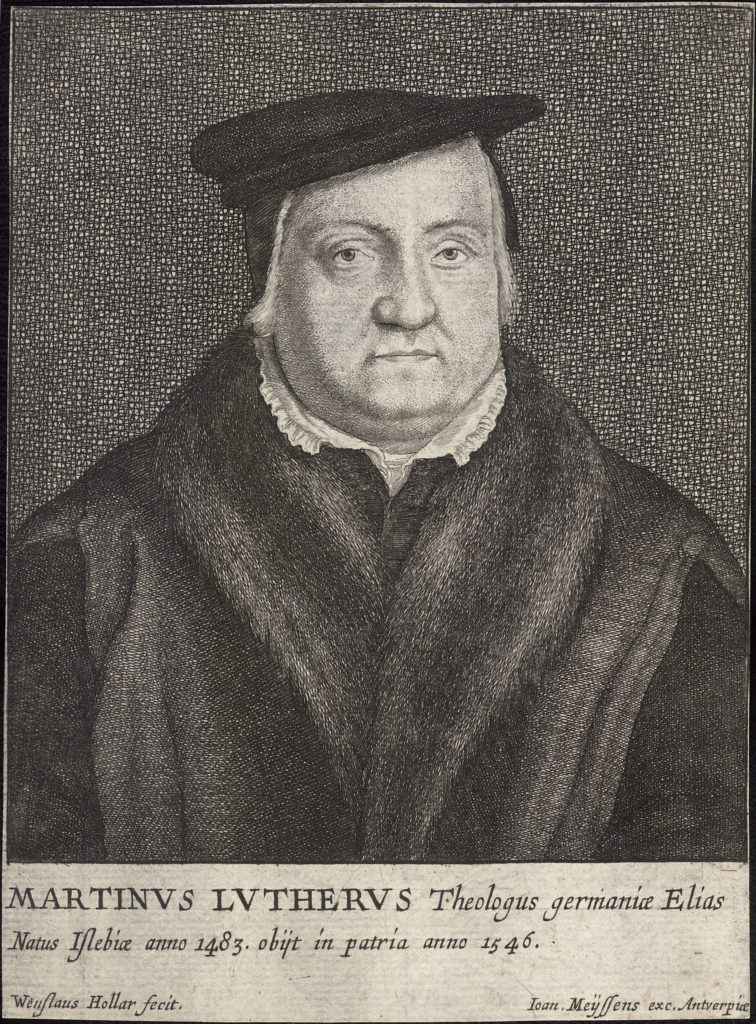 Every child is different. No matter how many offspring you have, it seems each one springs from the womb with a unique, heaven-crafted bent. For example, our middle daughter emerged with an innate impulse for adventure with a strong streak of self-sufficiency.
Every child is different. No matter how many offspring you have, it seems each one springs from the womb with a unique, heaven-crafted bent. For example, our middle daughter emerged with an innate impulse for adventure with a strong streak of self-sufficiency. 

As a toddler she preferred crawling around to cuddling on our laps. At four or five she revealed she’d taught herself to tie her own shoes. At seven she called us outside to demonstrate that she’d just mastered riding a bike without training wheels.
Crawling. Shoes. Wheels. A theme emerges. This one was wired to wander.  I’m convinced that the temperament, gifts, and even the seeming quirks that each child is born with are directly connected to the call God envisioned for her or him before He even began the process of construction. Her’s includes a call to the nations. There has always been a resilient, fierce, tenaciousness in her. She’s tough as nails, this one. Although when out with an older bald man, she could effect a startling impression of a delicate princess.
I’m convinced that the temperament, gifts, and even the seeming quirks that each child is born with are directly connected to the call God envisioned for her or him before He even began the process of construction. Her’s includes a call to the nations. There has always been a resilient, fierce, tenaciousness in her. She’s tough as nails, this one. Although when out with an older bald man, she could effect a startling impression of a delicate princess. 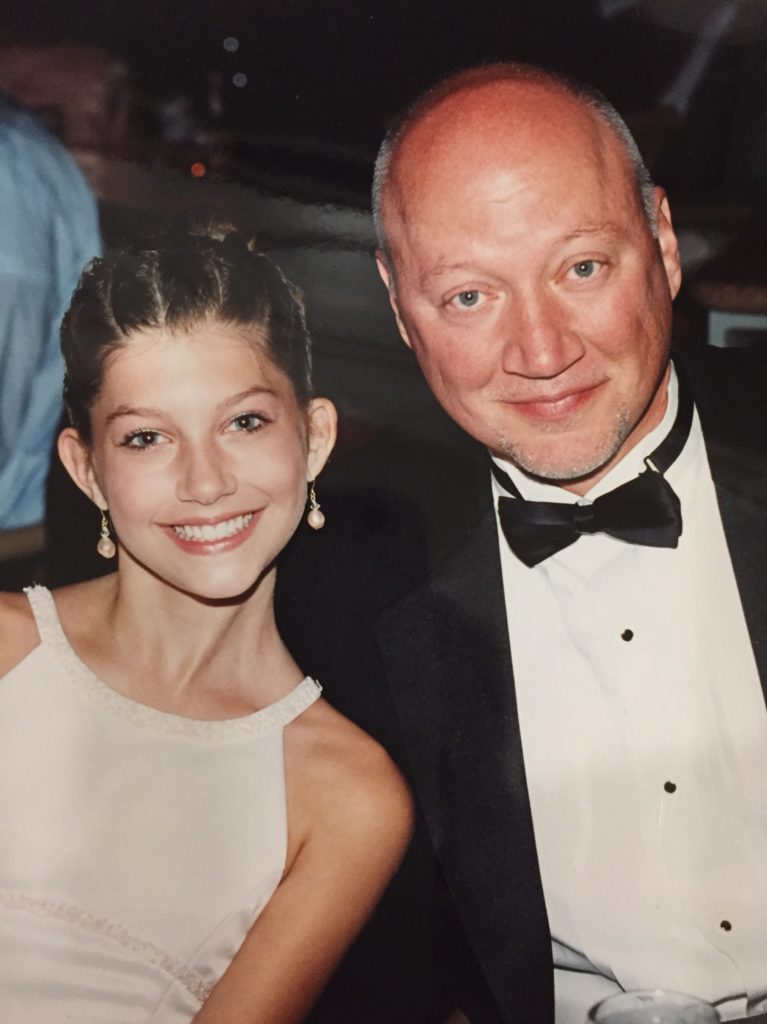 At seventeen, as high school graduation approached, she let us know she wanted to delay college for a semester or two and instead go work at an orphanage in Kenya. A “gap year,” as it’s known in the UK. Getting approval for this plan required some epic salesmanship to overcome the worries of an understandably cautious mother.
At seventeen, as high school graduation approached, she let us know she wanted to delay college for a semester or two and instead go work at an orphanage in Kenya. A “gap year,” as it’s known in the UK. Getting approval for this plan required some epic salesmanship to overcome the worries of an understandably cautious mother.
This challenge, too, was met and mastered. 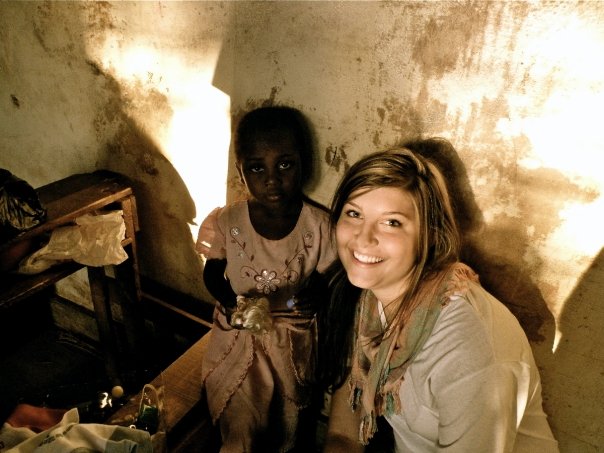 Once “out of Africa,” she completed a four-year linguistics degree in three-and-a-half years. In that span there was a semester of study in Argentina and a summer in Costa Rica, once again, at an orphanage. Another theme emerges.
Once “out of Africa,” she completed a four-year linguistics degree in three-and-a-half years. In that span there was a semester of study in Argentina and a summer in Costa Rica, once again, at an orphanage. Another theme emerges.
As a college graduation gift, we sent her to Australia to visit her younger sister. She stayed for two years, working multiple jobs to pay her own way. It seems we have spent a good part of the last seven years seeing her off or communicating through dicey internet connections across some vast distance. 
I should mention that while in Australia, she met a young man. A good man—Jesus-loving and with a ministry call upon his life as well. We instantly liked him and quickly came to love him. We know that capturing her heart was no easy task. Her standards are high and her emotional defenses formidable. But he won her, and to us that spoke volumes.
Thankfully, he is of Miami not Melbourne. And about six months ago he—adorably nervous—asked me for permission to ask for her hand.
It was an easy “yes.” Her mother and I had clearly seen God’s invisible hand of providential grace on this relationship. From half a world away, we caught the unmistakable fragrance of His presence in their courtship.
Four short weeks from today, in a small, intimate gathering in Miami, I will walk her down an aisle and place her hand in his—to have and to hold from that day forward. But for now . . . for just a little while longer . . . she is still mine.  Even so, a few days ago, the young man flew to Dallas to help load her up and drive her to a new apartment in Miami so she can begin a job search. We filled every cubic inch of her car with all her belongings.
Even so, a few days ago, the young man flew to Dallas to help load her up and drive her to a new apartment in Miami so she can begin a job search. We filled every cubic inch of her car with all her belongings.
The accumulated things that had always comfortingly remained behind with us—even while she jetted off with a couple of suitcases to Kenya or Argentina or Costa Rica or Sydney—all these were boxed or bagged, and stuffed into the little Ford.
Yes, this goodbye was different. But it’s all good. It is all the way it should be. The way it must be.


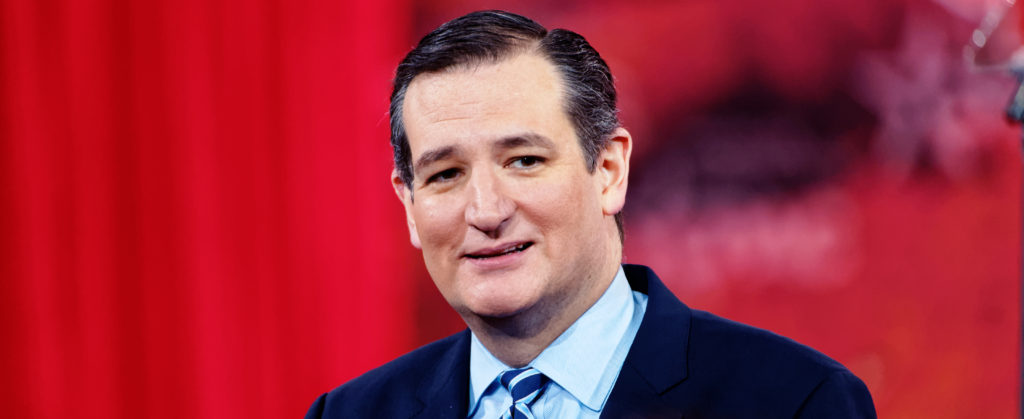
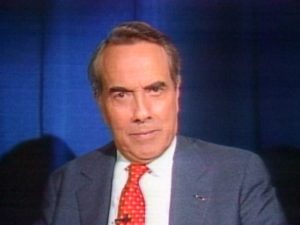




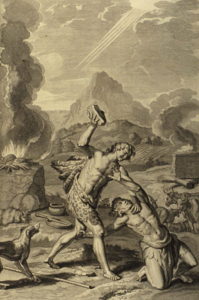
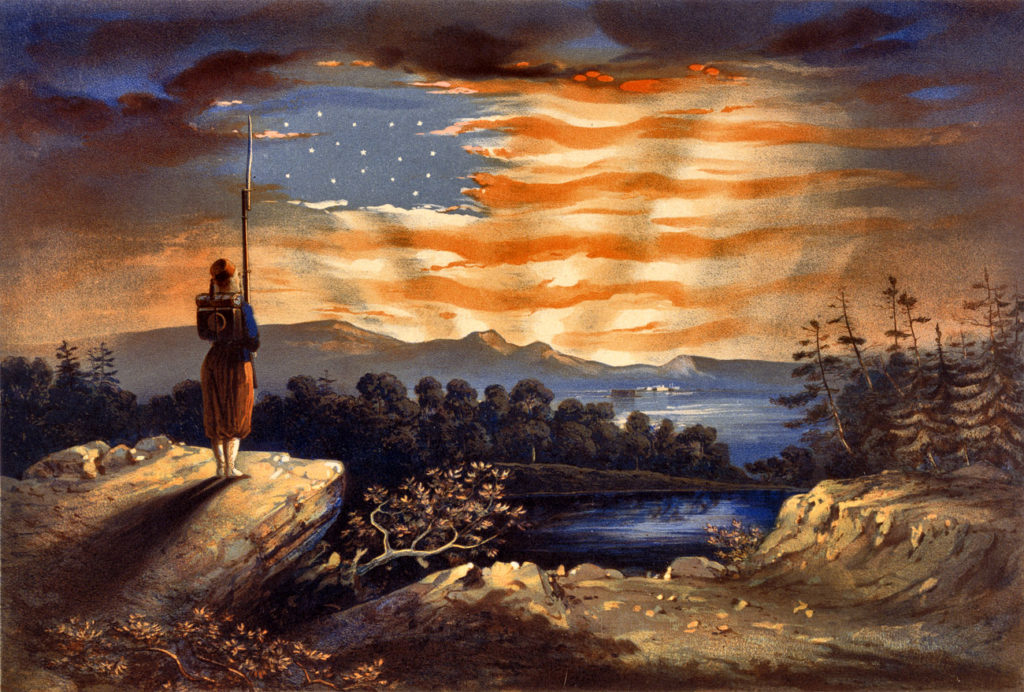


 In the 1930s he joined the Oklahoma National Guard while still in high school. (Apparently that was possible back then.) For the next three decades he was an integral part of the Oklahoma’s 45th Infantry Division—the Thunderbirds—established in 1920. The 45th was one of the very first guard units called up when the U.S. entered World War II in 1941.
In the 1930s he joined the Oklahoma National Guard while still in high school. (Apparently that was possible back then.) For the next three decades he was an integral part of the Oklahoma’s 45th Infantry Division—the Thunderbirds—established in 1920. The 45th was one of the very first guard units called up when the U.S. entered World War II in 1941.